Comply with OT / industrial security standards and regulations
Governments, customers, and shareholders increasingly demand compliance with regulations, standards and best-practices. Penalties and other consequences of non-compliance can be significant and poorly-designed compliance programs can become very expensive.
Waterfall’s Unidirectional Security Gateways provide a level of cybersecurity that meets-and-exceeds compliance with regulations and standards. Waterfall’s security is so robust, that it even complies with future regulations that haven’t rolled out yet.
With Waterfall you get
 Compliance
Compliance
 Relief
Relief
 Security
Security
 Savings
Savings
 Future Proofing
Future Proofing
 Compliance
Compliance
The strictest international standards and regulations require or recommend Unidirectional Gateway protection for industrial networks. Unidirectional Gateways are stronger than firewalls so agree with all industrial security standards, regulations and best practices.
 Relief
Relief
Unidirectional Gateways provide protection for industrial networks that is so strong that many standards relax other protection requirements for unidirectionally-protected networks. In the North American NERC CIP regulations for example, 37 of the 125 security requirements apply to networks protected with firewalls, but do not apply to unidirectionally-protected networks.
 Security
Security
Standards and compliance are often focused on minimal security - the minimum that all sites are required to comply with, no matter how important or unimportant is each site. Yes, Unidirectional Gateways provide compliance with standards and best practices, AND the gateways provide the strongest of network security to industrial networks.
 Savings
Savings
Unidirectional Gateways simplify compliance. With the gateways, there are no firewall logs that must be scrutinized and no network intrusions that can possibly penetrate the gateway hardware. Unidirectional Gateways simplify compliance programs and thereby reduce costs.
 Future Proofing
Future Proofing
All cyber-sabotage attacks are information - the only way that an automation network can change from an uncompromised to a compromised state is if attack information somehow enters the network. But - no matter how attacks evolve in the future, no attack information can penetrate the gateway hardware. Unidirectional Gateways future-proof security and standards-compliance programs.
 Compliance
Compliance
The strictest international standards and regulations require or recommend Unidirectional Gateway protection for industrial networks. Unidirectional Gateways are stronger than firewalls so agree with all industrial security standards, regulations and best practices.
 Relief
Relief
Unidirectional Gateways provide protection for industrial networks that is so strong that many standards relax other protection requirements for unidirectionally-protected networks. In the North American NERC CIP regulations for example, 37 of the 125 security requirements apply to networks protected with firewalls, but do not apply to unidirectionally-protected networks.
 Security
Security
Standards and compliance are often focused on minimal security - the minimum that all sites are required to comply with, no matter how important or unimportant is each site. Yes, Unidirectional Gateways provide compliance with standards and best practices, AND the gateways provide the strongest of network security to industrial networks.
 Savings
Savings
Unidirectional Gateways simplify compliance. With the gateways, there are no firewall logs that must be scrutinized and no network intrusions that can possibly penetrate the gateway hardware. Unidirectional Gateways simplify compliance programs and thereby reduce costs.
 Future Proofing
Future Proofing
All cyber-sabotage attacks are information - the only way that an automation network can change from an uncompromised to a compromised state is if attack information somehow enters the network. But - no matter how attacks evolve in the future, no attack information can penetrate the gateway hardware. Unidirectional Gateways future-proof security and standards-compliance programs.
Supported Regulation



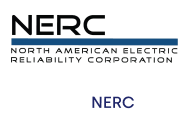
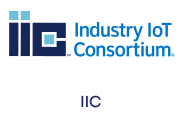









Waterfall’s Industry-Specific Solutions

Cybersecurity for power plants
Power utilities rest easy knowing that remote cyber attacks cannot reach through their Unidirectional Gateways to mis-operate control systems responsible for worker and public safety, for preventing damage to long-lead time turbines and other equipment, or for assuring continuous and efficient production of electric power.
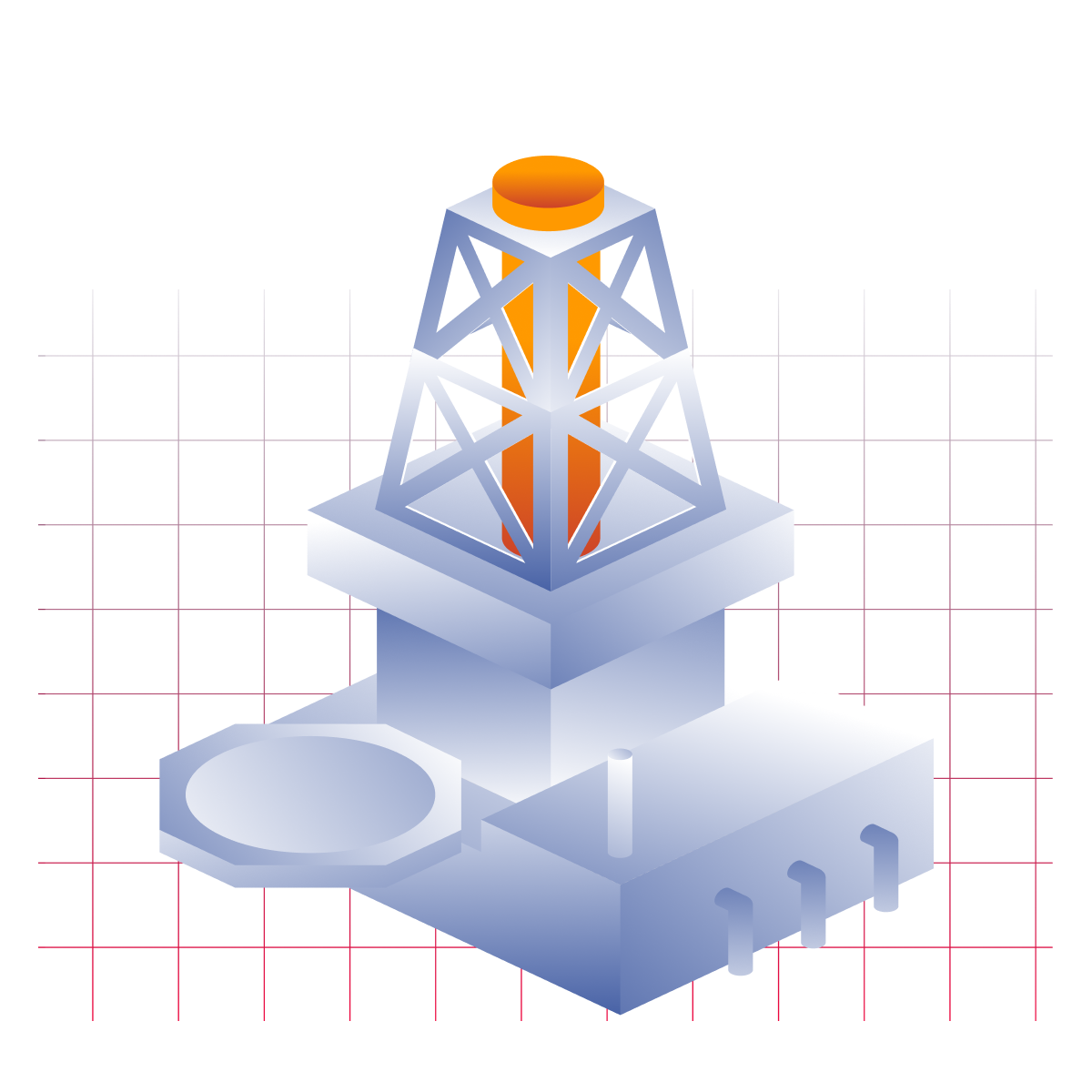
Cybersecurity for oil & gas
Owners and operators of offshore platforms, pipelines and refineries rest easy knowing that no cyber-sabotage attack is able to penetrate Unidirectional Gateway hardware to put at risk worker or public safety, the environment, long-lead-time equipment and reliable production and operation, without unplanned shutdowns.
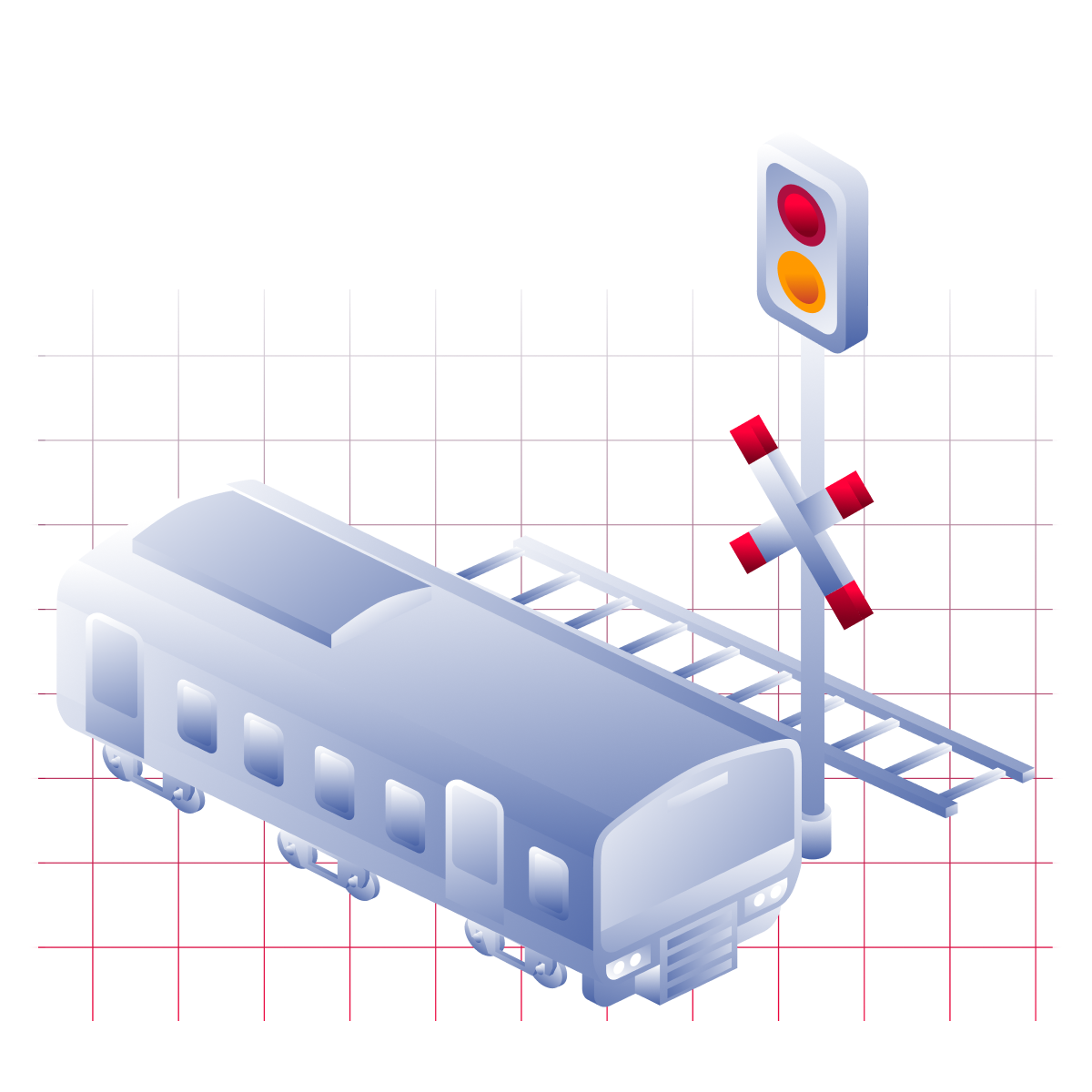
Cybersecurity for rails
Rail and metro system operators rest assured when Unidirectional Gateways are deployed to protect vital networks including switching systems, electric power systems and operations control centers from cyber attacks originating on IT or Internet networks, no matter how sophisticated such attacks are now, or might become in the future.
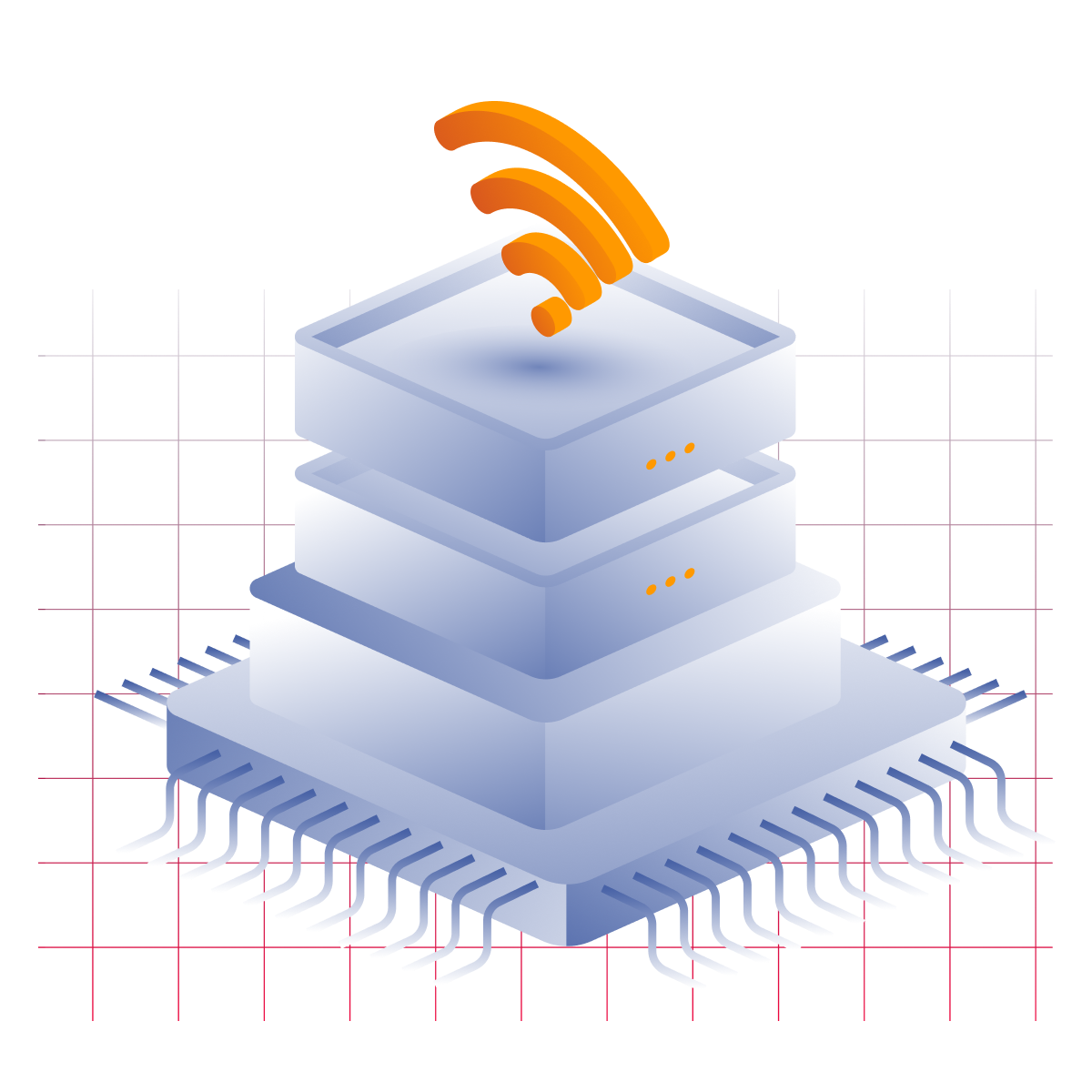
Cybersecurity for facilities
Data centers, airports, government and military campuses and other very important facilities operators sleep well knowing that Unidirectional Gateways are unbreachable in the face of attacks traversing Internet-exposed IT networks to put public safety, important equipment and continuous & connect operations at risk

Cybersecurity for water Treatment
With Unidirectional Gateways deployed, municipal leaders can be confident of continuous and correct operation of their automation systems and water treatment infrastructure , even in the face of the most sophisticated of attacks coming across the Internet, both today and long into the future.

Cybersecurity for manufacturing
Nobody wants to be in next week's headlines explaining how another dozen plants were taken down by ransomware or other cyber attacks. Neither ransomware nor the most sophisticated of the Internet's attacks can breach Waterfall's Unidirectional Gateways to pose any threat to product quality or to continuous, and correct manufacturing operations,